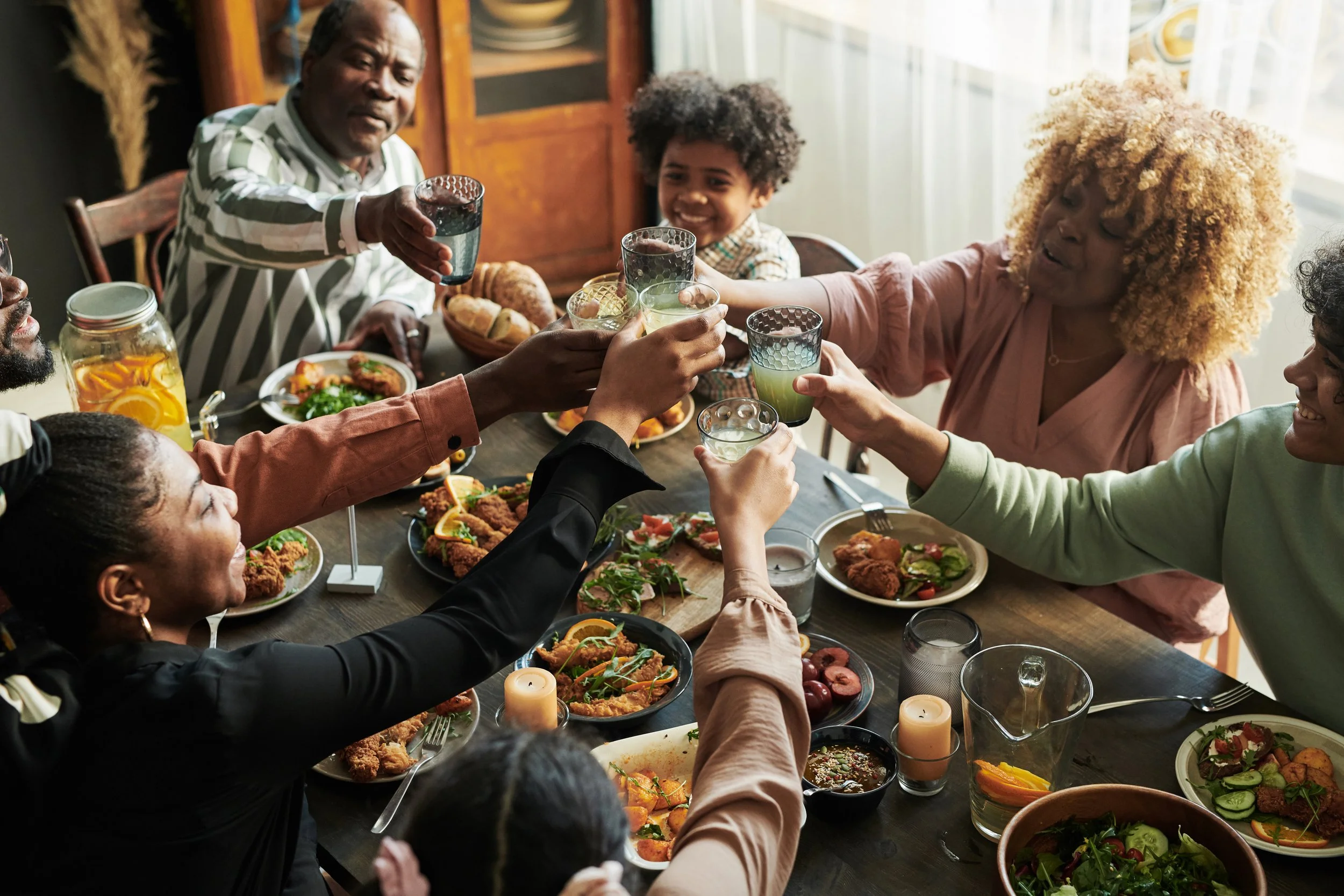Have you ever had a loss so big it’s hard to see a way out of the pain? And while it’s hard to see, others try to help and sometimes it’s awkward. No one knows how to make it go away. No one knows the words to say.
Words… I don’t know the words. Maybe there are no words to fix it, help it. I find myself staring at times. Just staring. When does it stop hurting? When will it become real, accepted? When does the desire to get back to “normal” life return? I wish I had the answer. Sometimes, as a counselor, I think I should.
Then suddenly it happens. Maybe it’s an event. Possibly a song. Maybe even a smell that suddenly takes you back to a time, place, or person. Leather. Leather, horses, sawdust, those smells take me out of the present before I’ve even realized it happened and suddenly deposit me to a place of comfort….and sometimes sadness.
Did I ask when does it stop? It seems almost irreverent to take these thoughts and feelings into a discussion. To take my grief-vulnerability (is that a thing?) into the spotlight, but here we go. Here’s to giving it a try.
It’s the holidays now- without that person that made the world a better place. A first. I did not think it would have this big of an effect on me, but it has. I’ve found myself needing my family and wanting to express my love to them more than ever. I’ve been doing just that, but in a way that feels different than before. My heart feels more full when I tell them. I want to tell them more often and hold on to them a little longer, both the ones that live with me and the ones that don’t.
Confirmation. This sucks. Can I do this? How do I get through this? How do we get through the different grief we experience, especially around times like the holidays?
Some days I don’t know. Other days I think I have some ideas. Today, I saw a quote by Cheryl Strayed that I liked and it caused me to pause. “The healing power of even the most microscopic exchange with someone who knows in a flash precisely what you’re talking about because she experienced that thing too, cannot be overestimated.”
Have you had that experience? Maybe some of us have, maybe some of us haven’t. Maybe there are those out there that really get our grief and understand us. But what if someone gets grief, but doesn’t exactly understand our grief? Can they still be there in a helpful way for us? I say, yes. Actually, I emphatically say, YES!
The fact of the matter is, most of us get uncomfortable around certain types of grief, and we become confused on how to best help.
When someone is overwhelmed with grief, not a lot of things can help. But sharing their pain can help a little. Sitting with the person in grief, just sitting with them. Listen. Validate. Let them share stories, or hurt, anger, guilt, even if they share nothing at all, sit with them. In other words, use the power of connection. Brene’ Brown tells us that as humans we are wired to connect. We yearn for it and search for it without even realizing we are doing it. But when we hurt so badly, sometimes we don’t reach out; we may not realize the true need for another person, for connection. So, if you know someone that may not be reaching out, reach out to them.
You might be worrying, wondering, if you have the ability to be with and connect with that person effectively because you haven’t been through what they have. I get it. I know there are many different types of grief and loss. Not all of them are related to death. I’ve seen them. A person can grieve over the loss of an intimate relationship, or after a child moves away from home. Some may have experienced the loss of a loved one to divorce or addiction. Special needs may be a part of your life with the possible loss of a future dream. There is grief and pain around severed ties, the loss of a business, and the loss of pets. Some may be experiencing grief surrounding a disease or an accident that has changed their life and taken away their known way of being, while others may be there in a different grief, as a support. Over the loss of a person, some may have been close to the person they lost, others experiencing confusing feelings surrounding the fact they “should” feel a certain way about their loss, but they don’t. Maybe you were able to prepare for the loss, maybe it was a sudden shock.
The point is, most of us have experienced some type of grief. If we can look at the fact that most of our grief experiences have things in common, it can be easier to sit with a person that needs us. I mean, each of our losses, though different, created not only grief, but loss of a dream, loss of an expected type of life, loss of confidence, loss of something loved, and/or loss of what life was “supposed” to be.
Another thing that can be helpful to both those grieving and those in a supportive roll for those that are, is to remember there is no right or wrong way to grieve. If you are expecting yourself, or someone you are trying to comfort, to be “over” their grieving by a certain time, or that it needs to look a certain way, don’t. The grieving process is so personal and individual and each person goes through their grief differently, and that’s okay! We don’t have to measure up to any type of “grief norm.” Though culture often tells us we need to be done grieving at a certain time, I am pretty sure I have never come across any specific timelines we must follow in our grief journey. Or , that only certain emotions should be felt. Expect yourself, or those you know in grief, to experience intense and extreme emotions, and again, remember, that’s okay, too!
The fact is, holiday or not, it’s hard. I’ve heard that grief associated with death is one you don’t get over, you just learn to live with it and find your new norm. For me, I wondered if it was possible at first, but I think it’s true. Though we will never be the same, a new norm can be found, and like the following poem says, I’ll rebuild and be whole, you’ll rebuild and be whole. I know I can do this. You can do this!
In the meantime, honor your person, your lost loved one, during these times. Remember them. Speak of them. Buy leather scented things to fill your home and car. Create traditions around and about them. Tell stories about them. Because, “Even though the song has ended, the melody lingers on” (Irving Berlin), and we can hum that melody whenever we want to remember our song and allow ourselves to feel the joy of that special person who will forever be a part of us.
The Reality is that you will grieve forever.
You will not get over the loss of a loved one.
You will learn to live with it.
You will heal and you will rebuild yourself
around that loss you have suffered.
You will be whole again,
but you will never be the same.
Nor should you be the same.
Nor would you want to.
-Elizabeth Kubler-Ross/John Kessle
About the Author:
Kory Ann Rogers, LCPC, ACLC
Kory Ann believes people are born good and have an innate drive to constantly do better. She also believe when things happen in our lives that prevent us from reaching that potential, we may need gentle guidance to help us reach the potential we desire.
Kory Ann believes counseling can be, and is, very effective when both parties work for the desired outcome. As a counselor, she will work with you to help you reach your personal goals. Her goal is to aid, support, guide, and advocate for you during this time.







